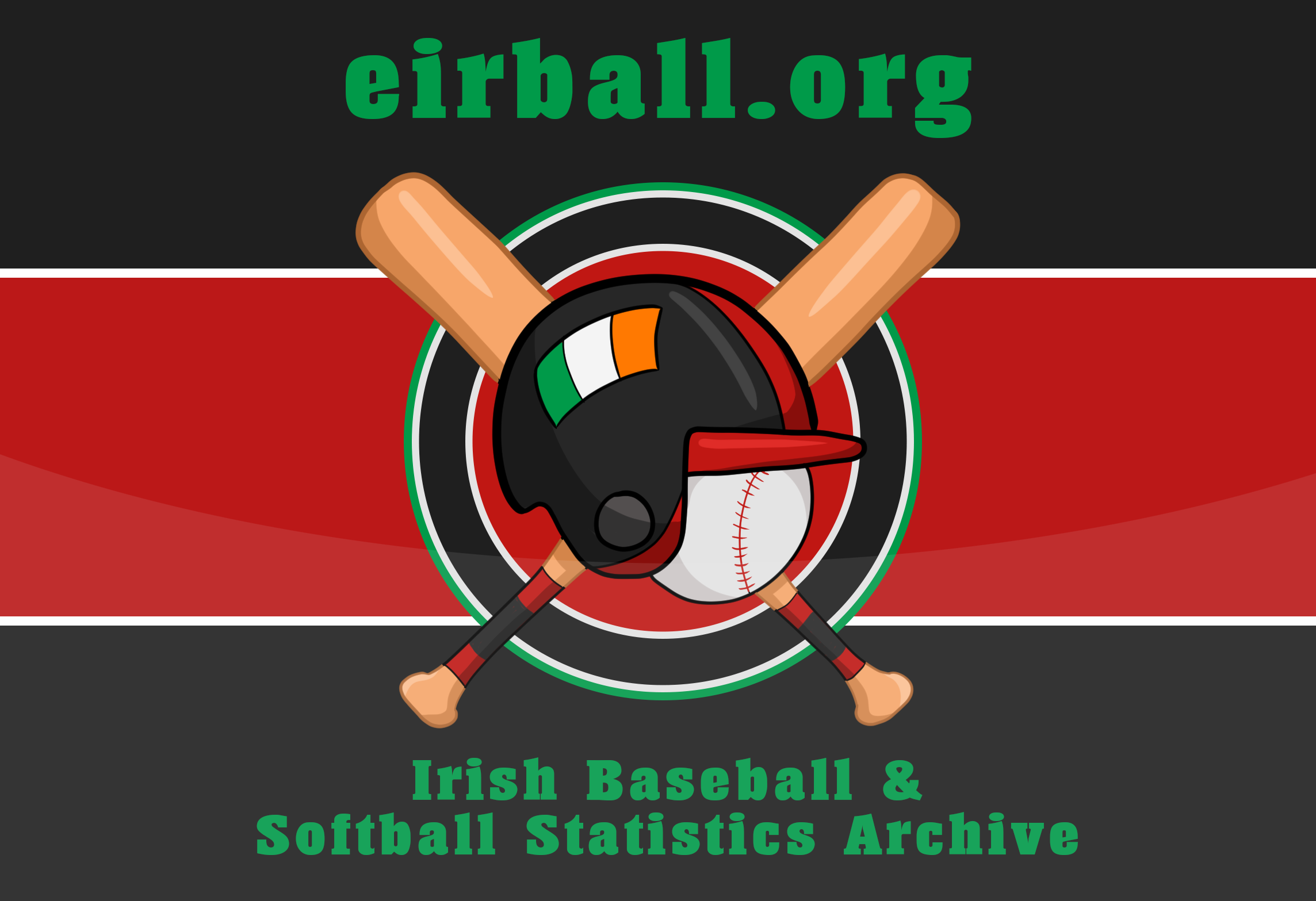Also known as Push-Penny, Coin Rugby is a Childrens Game played with three coins and a table.
Rules
Decide which side of the table each player plays from. Then toss a coin to see who starts. The first player starts with the three coins placed in the centre of the table. Using either the tip or side of his forefinger the player should hit (but not push) the coins so ideally they spread out. Once this has bee done the same player, heading towards his opponents side of the table, has to hit the rear-most coin towards between the other two.
If he is successful he repeats this action, again trying to hit the rear-most coin between the other two. He or She continues this action until they either fail (upon which play passes to the opponent) or they reach a coin width of their opponents goal line. If he or she is successful in doing this the player scoresa try worth 5 points. If the coin goes over the line completely it is out of play and a fail and the other player takes over from the centre of the table again.
If a try is successful, then a conversion attempt is made. The player scoring the try makes a fist with both hands and places them on the table and then with the coin between two fingers attempts to flip them through goalposts made by the opponent on his own goalline with his forefingers pointing down touching the table and the two thumbs touching, making a goalpost. This worth two points. The other player restarts from the centre.
Alternative scoring is to get the coin to balance over the edge of your opponents goalline / table edge and then flick it up with your finger to catch it for a try. failing to flick it up or catch it is a fail. Another way to attempt the conversion is to spin the coin and then try to catch it beteen two thumbs before flicking it through goalposts. Players could play both versions and call one Rugby Union and the other Rugby League.
The first player to 20 points or more is the winner.
References
[1] World Greatest Armchair Sports Compendium (1998). Lagoon Games, PO Box 311, KT2, SQW, UK.
[2] Experience. Played this game myself in School.
Acknowledgements
Thanks to John Malone, Tony Meenaghan and Declan Mulvey.
About this document
Researched, compiled and written by Enda Mulcahy for the
Eirball | Irish North American and World Sports Archive
Last Updated: 7 September 2020
(c) Copyright Enda Mulcahy and Eirball 2020
You may quote this document in part provided that proper acknowledgement is given to the authors. All Rights Reserved.
